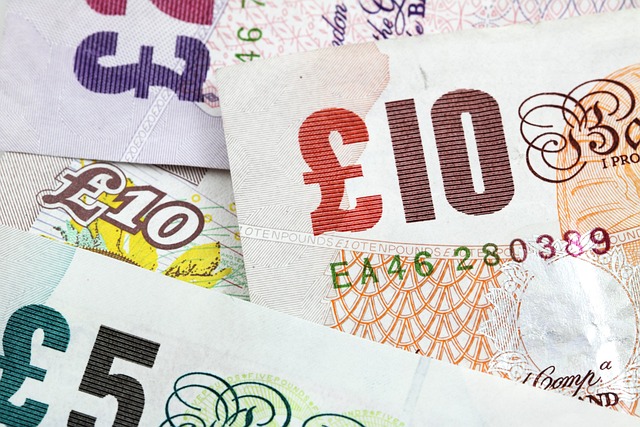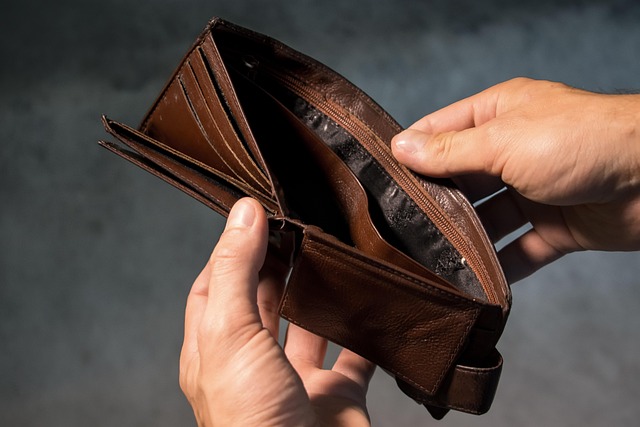Who will receive Cost of Living Payments in 2023?
Starting from the end of April, millions of people will receive their next round of payments to help with the rising cost of living. This is the second time the government has decided to pay out cost-of-living payments to assist those struggling with inflation. In 2022, two payments totaling £650 were made to approximately eight million low-income households.
The new cost-of-living payments will be distributed to a similar number of households, as well as additional low-income households, pensioners, and some disabled people. The scheme has been extended from last year, and those who are eligible will receive additional cost-of-living funds.
When will I receive a cost of living payment?
The payments available will vary depending on the group you belong to. For instance, households on means-tested benefits will receive a total of £900 in three instalments spread across spring, autumn, and spring 2024. Pensioners will receive £300 as a winter payment, and people on certain disability benefits will receive £150 paid in the summer. The first instalment of £301 for those on means-tested benefits will be made between 25 April and 17 May.
Eligibility for the cost of living payments?
To be eligible for the £900 payment, you must be on any of the following benefits: income-based Jobseeker’s Allowance, income-related Employment and Support Allowance, Income Support, Pension Credit, Tax credits (including child tax credit), and Universal Credit. If you only receive tax credits and not any other benefits, you may be paid slightly later than those who receive other benefits.
If you are on New Style Jobseeker’s Allowance, contributory Employment and Support Allowance, or New Style Employment and Support Allowance, you will not be eligible for the cost-of-living payments unless you also receive Universal Credit.

To qualify or be eligible for the cost-of-living payments 2023, you must have started a claim for a benefit between 26 January and 25 February 2023, or have received a payment for an assessment period ending between those dates. Pensioner households may be able to have a new pension credit claim backdated.
Do I need to pay any tax or declare it for tax purposes?
The good news is that the cost-of-living payments for 2023 are exempt from tax and will not affect the amount of benefits or tax credits you receive.
Is there any other help available on top of the cost of living payments?
In addition to the cost-of-living payments, there has been other support available to assist with bills. Everyone’s energy bill was cut by at least £400 during the winter, applied over six months, with a £66 reduction in October and November, and a £67 discount every month between December and March. The discount was made automatically by energy suppliers in England, Scotland, and Wales. However, there are no plans so far for this to be repeated next winter.
Furthermore, up to six million people on the following disability benefits will receive another £150 later in the year: Disability Living Allowance, Personal Independence Payment, Attendance Allowance, Scottish Disability Payments, Armed Forces Independence Payment, Constant Attendance Allowance, and War Pension Mobility Supplement.
Lastly, households that receive the Winter Fuel Payment, worth £200-£300 and paid to almost all homes with at least one person of pension age, should have received an extra £300 in November or December. This should cover nearly all pensioners across the UK. Another additional cost-of-living payment of £300 will be made next winter. Lower-income pensioners who claim pension credit receive the money in addition to the £650 support for those on benefits, meaning a small group of pensioners with disabilities have already received a total of £1,500, with more to come.
